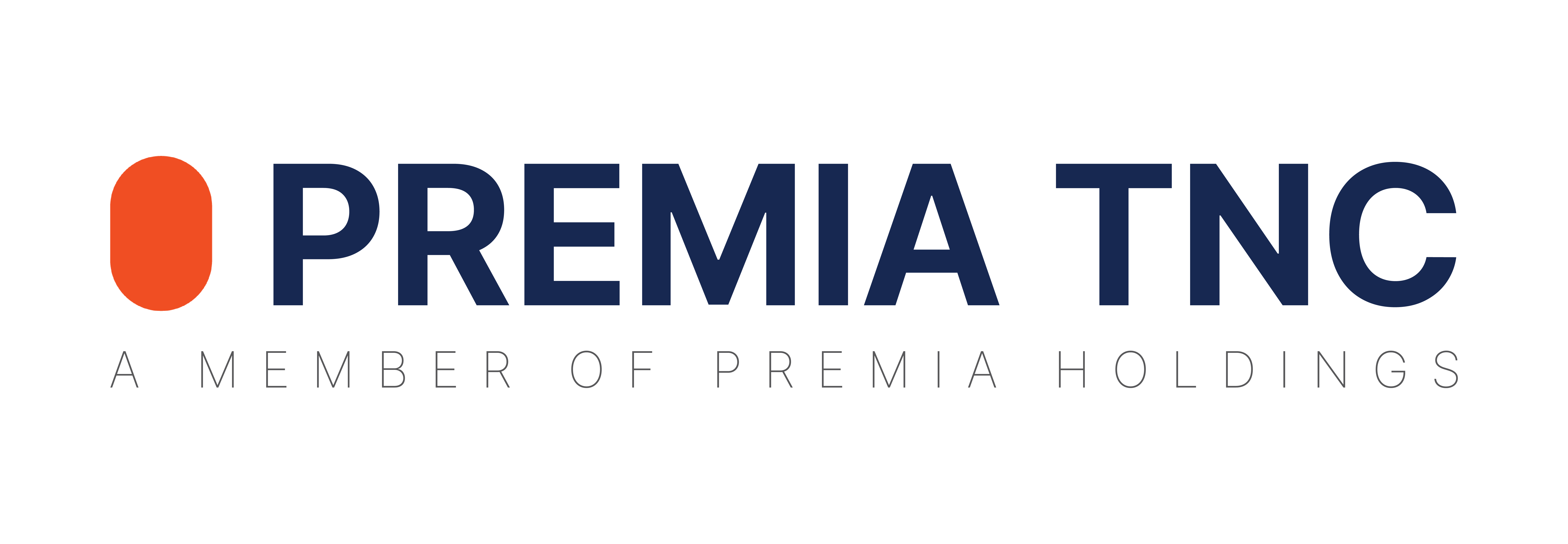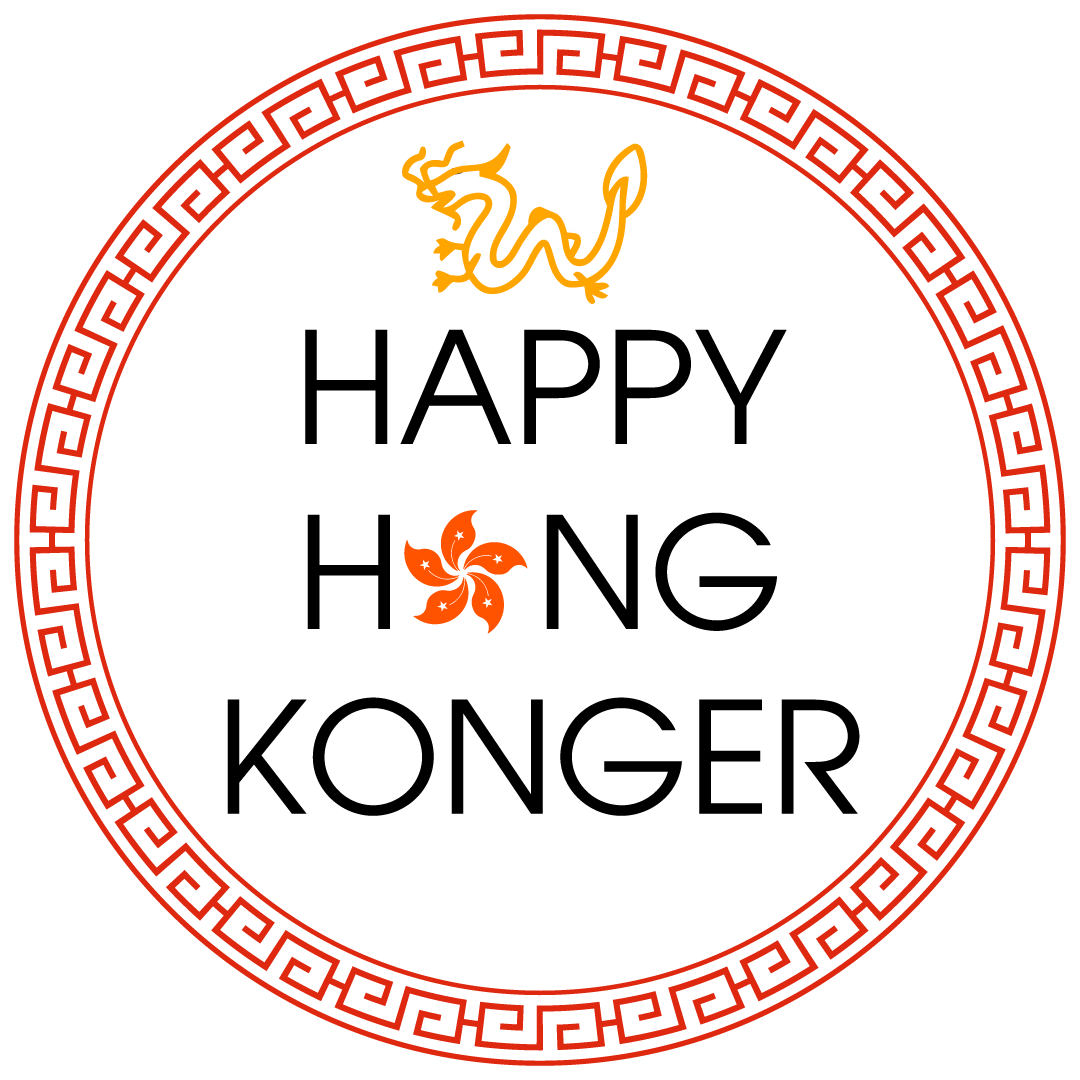Initiate Your Herbal Wholesale Business in Hong Kong With the Right License
Simplify and Accelerate Your Journey to Becoming a Licensed Chinese Herbal Wholesaler
in Hong Kong
Simplify and Accelerate Your Journey to Becoming a Licensed Chinese Herbal Wholesaler
in Hong Kong

Initiate Your Herbal Wholesale Business in Hong Kong With the Right License
Simplify and Accelerate Your Journey to Becoming
a Licensed Chinese Herbal Wholesaler in Hong Kong
Feeling overwhelmed? Contact us for tailored assistance and straightforward solutions.
A Trustworthy firm, serving 6,000+ clients in corporate matters

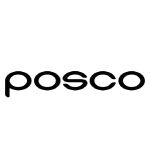

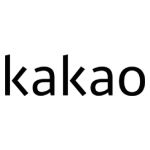
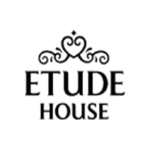
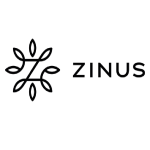


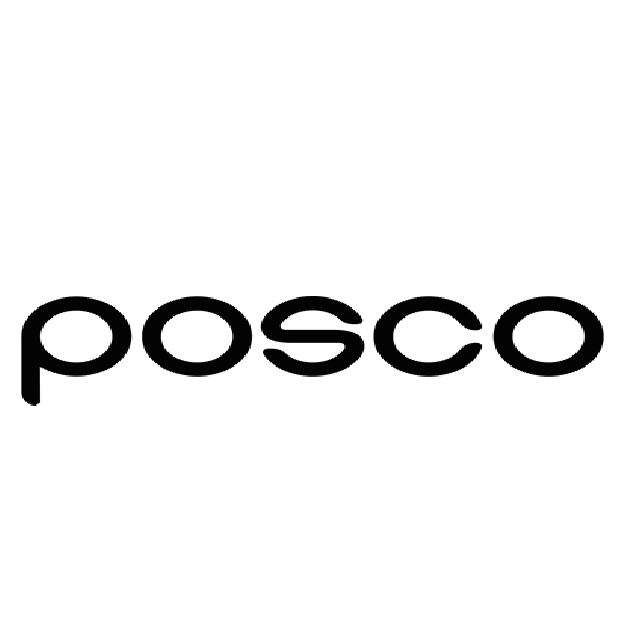
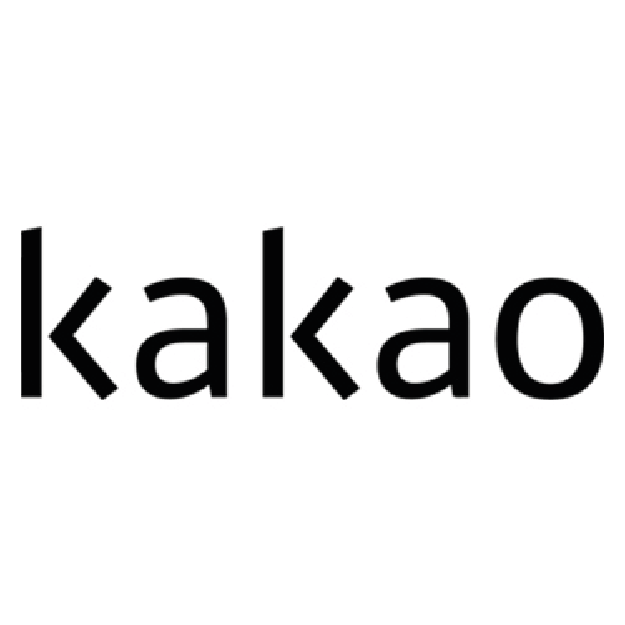
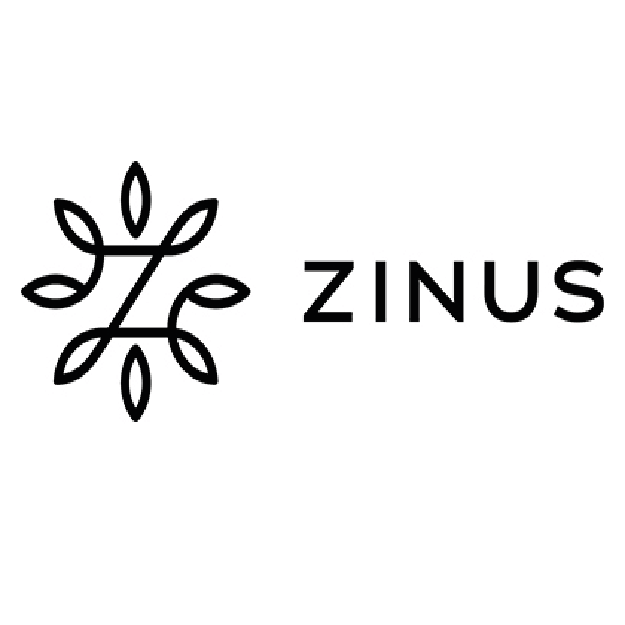

Fast-track the Registration Process with
Three Simple Steps:
01
Start by investigating the regulatory requirements and guidelines for obtaining a Wholesaler License for Chinese Herbal products in Hong Kong. Identify all necessary permits, licenses, and certifications specific to your products. Consult with industry experts or legal advisors to ensure full compliance with local regulations. Create a detailed plan that outlines your business objectives, target market, distribution channels, and logistics arrangements.
02
03
Upon submission, your application will be reviewed by the appropriate regulatory authorities. During this time, be ready to promptly address any inquiries or requests for additional information. Once your application is approved, you will receive the relative license. Ensure that you comply with any conditions or regulations associated with the license and familiarize yourself with any ongoing reporting or renewal requirements to maintain legal compliance in your operations.
Featured in

Exclusive Offer
Complimentary Advice on the License Application Process
Primary Factors for Registration
as Food Importers and Food Distributors

Requirements to register
All kinds of proprietary Chinese medicines must first be registered by the Chinese Medicines Board before they can be imported, manufactured, and distributed in Hong Kong. This ensures that these medicines meet the required safety, quality, and efficacy standards.

Qualifications and credentials
To apply for a wholesaler license in Chinese herbal medicines under Section 115 of the Chinese Medicine Ordinance, applicants must ensure that their premises are sanitary, have adequate space, and have suitable facilities for storing Chinese herbal medicines, including measures for pest, humidity, and mildew control. Schedule 1 and Schedule 2 medicines must be stored separately. The premises should also have sufficient storage racks, cabinets, and measuring equipment, with no nearby pollution sources. Applicants must submit a duly completed Application Form (Form 1B) and a Documentation Checklist (Checklist 2B) along with the required documents, which can be obtained free of charge.
Why People Trust Us
We extend special thanks to our partners.
We have a long history of working with various sizes of corporation of renowned brands.
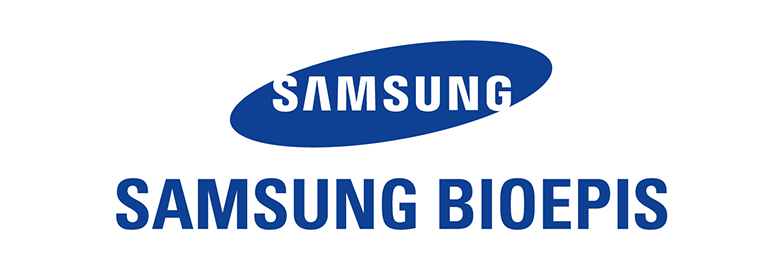
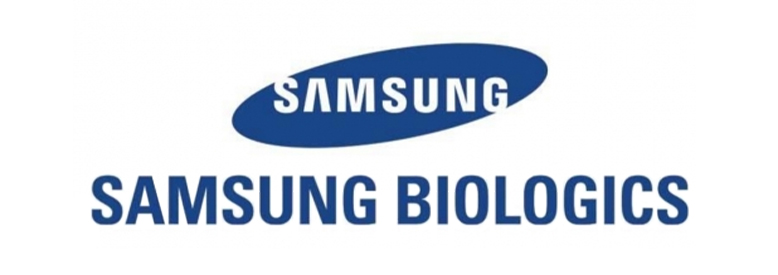

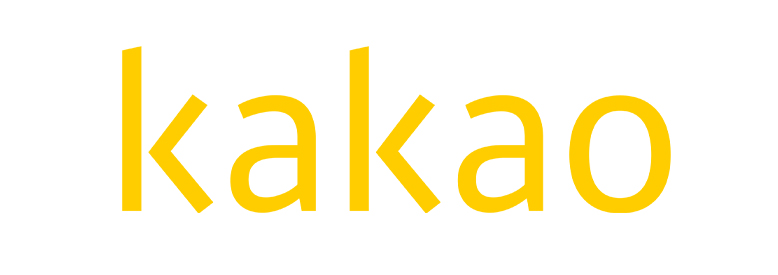

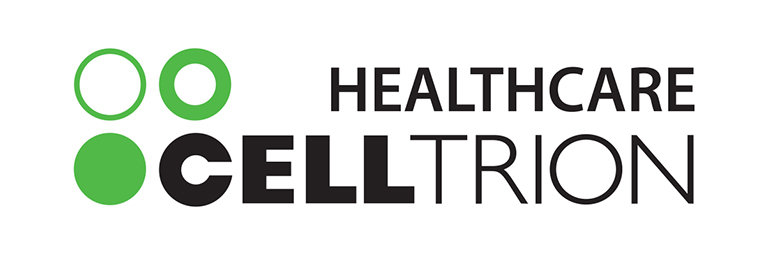



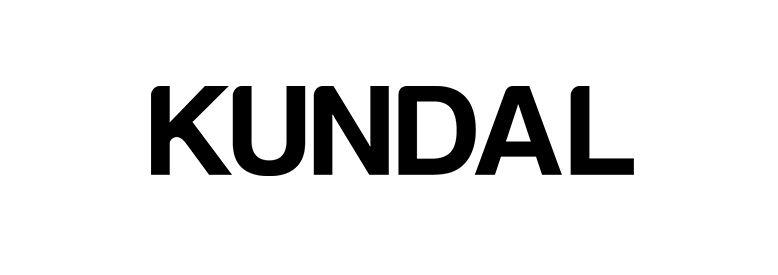





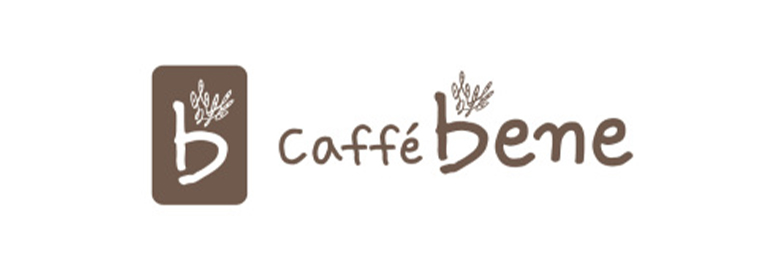




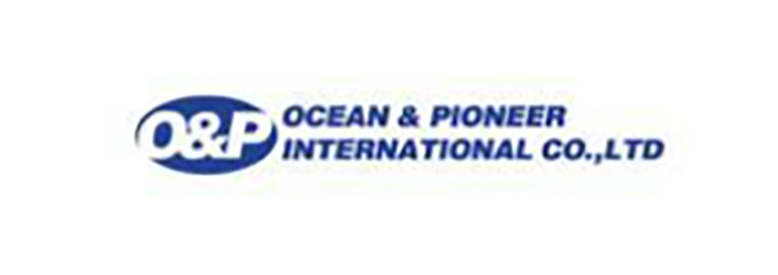



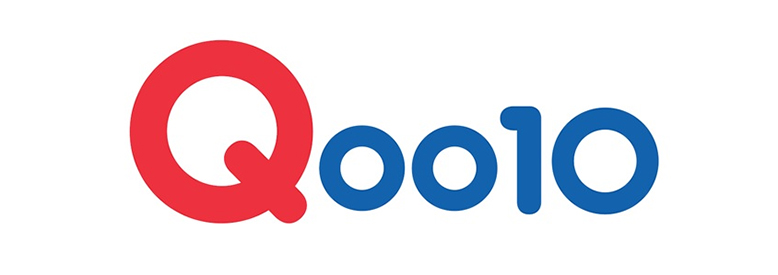








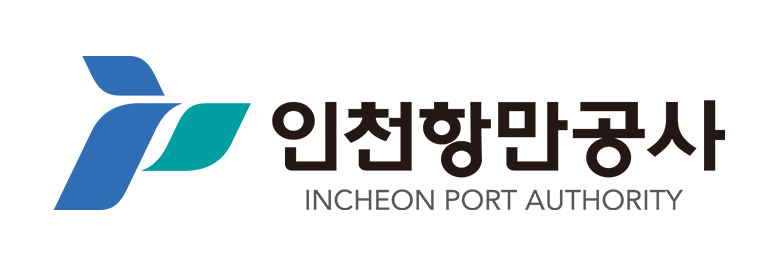



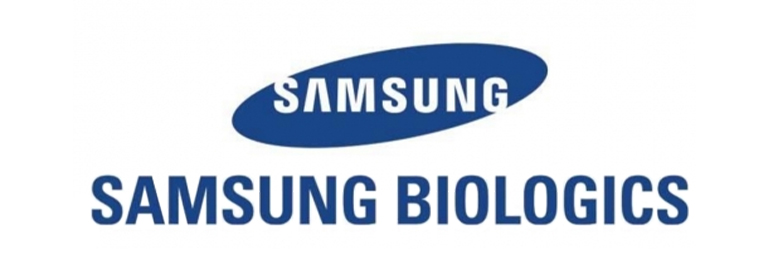



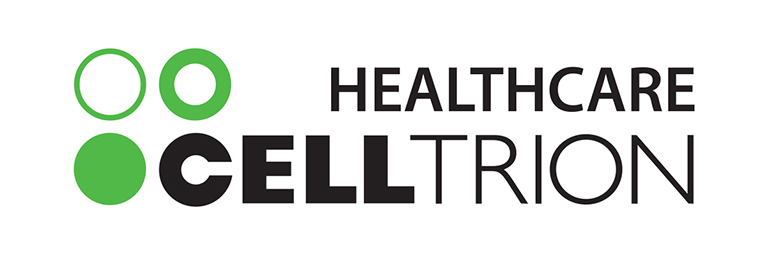


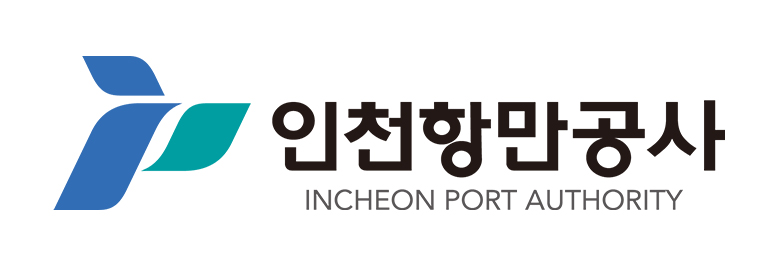











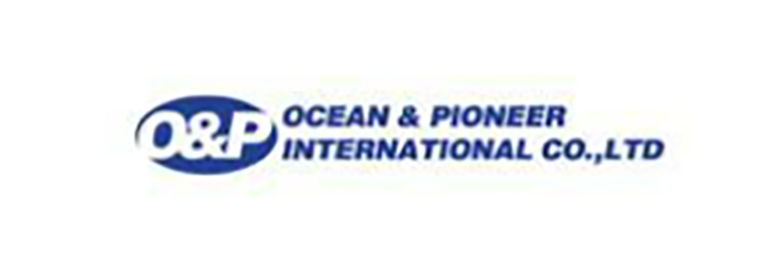




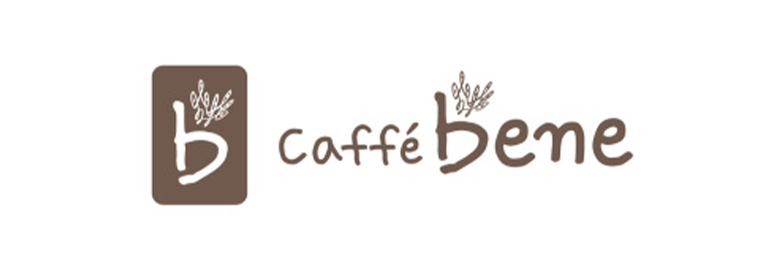





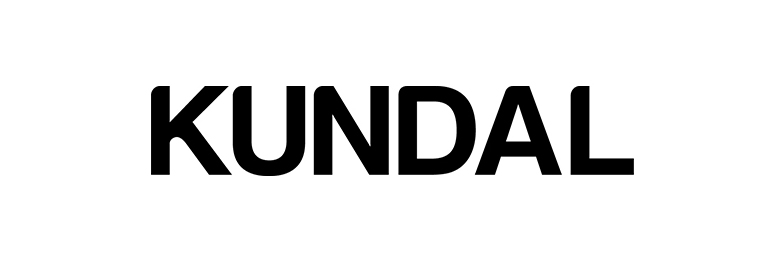



Our Clients Rely On Our Expertise
We have worked with 6,000+ clients and Partners 90% of our clients recommend us
Here’s what our clients have to say:
Arnav Singh.
Yunxiu Wang.
Julia Kim.
Anushka Agarwal.
Monish Patel.
Pang Jiawei.
Frequently Asked Questions
1. Do cosmetics containing Chinese herbal medicines need to be registered?
Cosmetics with traditional Chinese medicine ingredients used for beauty purposes like cleaning, deodorizing, and skin protection, without therapeutic effects, are regulated under the Consumer Goods Safety Ordinance.
2. Are there any regulations or restrictions under the Chinese Medicine Ordinance regarding the transportation of Chinese herbal medicines for wholesale purposes?
3. What are the procedures for importing proprietary Chinese medicines into Hong Kong from locations outside the region?
4. What would be the primary purpose of the Chinese Medicine Council?
The Chinese Medicine Council enforces regulations under the Chinese Medicine Ordinance, overseeing Chinese medicine practitioners and medicines. This includes registering and examining practitioners, disciplining them, licensing medicine traders, and registering proprietary Chinese medicines.
Still carrying concerns?

